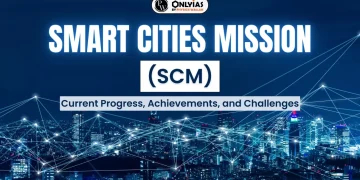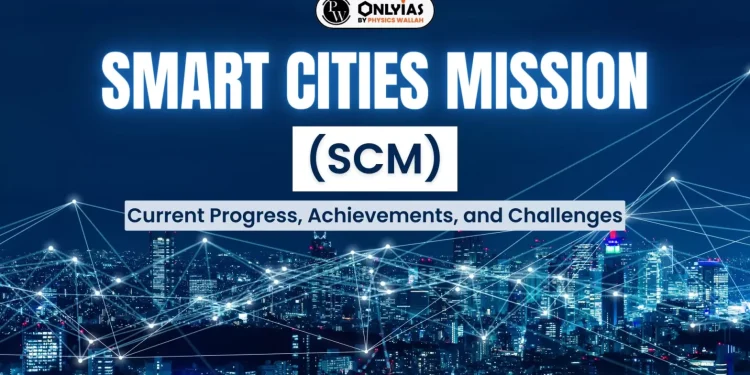🏙️ Introduction
Launched to transform urban spaces into technology-driven, sustainable, and citizen-friendly environments, India’s Smart Cities Mission has made notable progress by 2025, though it faces significant challenges.
📈 Success Stories
- Cities like Pune, Surat, and Bhubaneswar adopting smart traffic management and waste disposal systems.
- Implementation of IoT-enabled utilities for water and electricity management reducing wastage.
- Enhanced public services through mobile apps for grievance redressal, payments, and civic engagement.
- Increased use of renewable energy sources and green infrastructure.
⚠️ Roadblocks and Challenges
- Funding gaps and delays in project implementation.
- Coordination issues between multiple government agencies and stakeholders.
- Digital divide limiting access to smart services among marginalized groups.
- Data privacy and cybersecurity concerns in smart city technologies.
🌟 Citizen Participation
- Growing involvement of residents in planning and feedback mechanisms.
- Use of social media and platforms to increase transparency and accountability.
🧠 Final Thought
India’s Smart Cities Mission showcases promising advancements in urban development. Addressing roadblocks with innovative governance and citizen-centric approaches will be critical for its sustained success.

































































